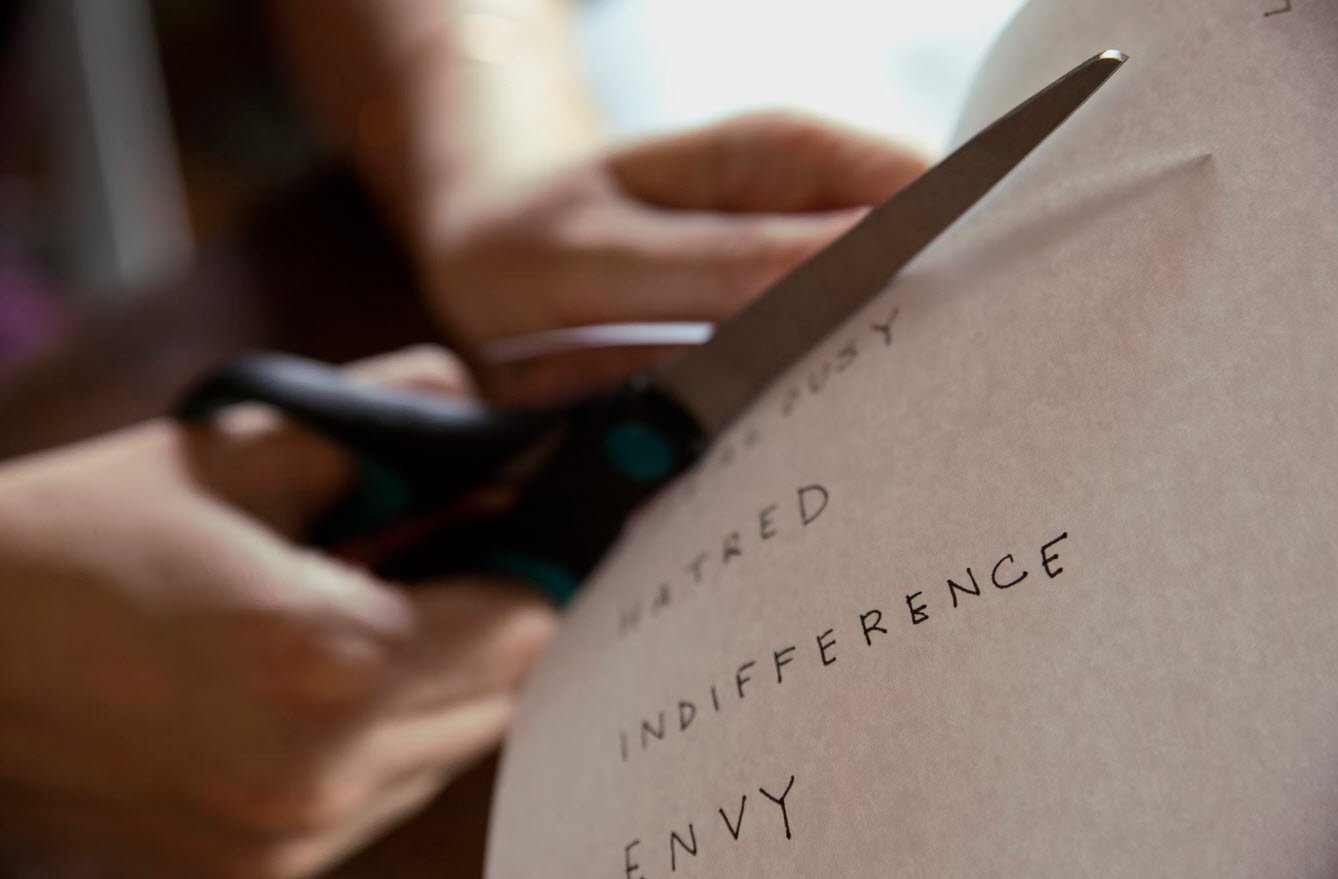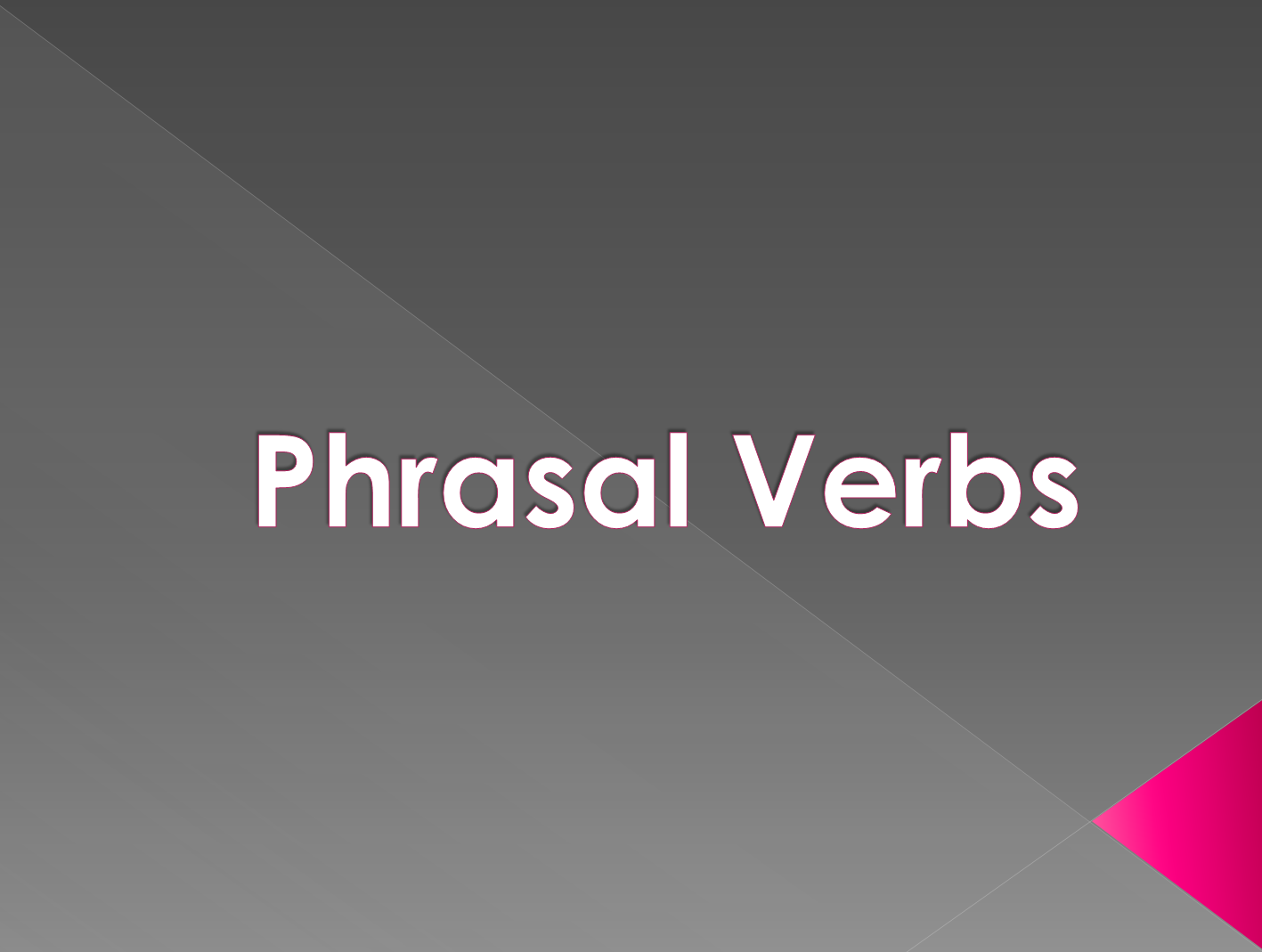
The word “wish” in the English language serves as a powerful tool to express desires, hopes, and regrets concerning both present and past circumstances. Understanding how to use “wish” appropriately can significantly enhance your ability to communicate effectively and precisely.
In this guide, we will explore the various ways “wish” can be used in different contexts.
Wishing for Present Changes
When you desire a present situation to be different, employing “wish” followed by the simple past tense is the appropriate structure. This allows you to articulate your aspirations for change in the current moment. Here are some examples:
1. Expressing a Location Preference:
- I live near the beach, but I wish I lived near the mountains.
- She resides in a bustling city, but she wishes she lived in a quiet village.
2. Technological Woes:
- I wish my mother knew how to use a computer, but she’s terrible with technology.
- He wishes his boss understood the basics of modern software.
3. Desiring More Free Time:
- I’m very busy and I have no free time. I wish I didn’t have to work so much.
- She wishes she had more time for her hobbies amidst her hectic schedule.
4. Navigating Visa Processes:
- Getting a visa to travel to the U.S. is difficult. I wish the process wasn’t so complicated.
- He wishes the immigration procedures were simpler and less time-consuming.
Wishing for Changes in the Past
When reflecting on the past and expressing regrets or desires for a different outcome, using “wish” with the past perfect tense is the correct approach. This structure conveys the sentiment of wanting to change a situation that has already occurred. Here are some examples:
1. Education Choices:
- I didn’t go to college. I wish I had gone to college when I had the chance.
- She wishes she had pursued a different major during her university years.
2. Handling Unexpected Visits:
- I wasn’t expecting your visit. I wish you had called me first.
- They wish their friends had given them a heads up about their surprise party.
3. Regretting Words Spoken:
- Yesterday I got very angry at my boyfriend. I wish I hadn’t said he was useless and stupid.
- He wishes he hadn’t argued with his friend during their last conversation.
4. Nightmare-Inducing Movie Choices:
- I wish I hadn’t watched that horror movie. I’ve been having nightmares for the past week!
- She wishes she hadn’t watched the thriller alone in the dark.
Additional Tips for Usage
1. Formality and Politeness: Utilizing “wish” to express desires or regrets can add a polite and considerate tone to your communication, especially in sensitive or regretful situations.
2. Tactful Expression: When expressing regret, consider using “wish” to soften the impact of the statement and demonstrate sincerity in wanting to change the past.
3. Clarity and Context: Pay attention to the context of the situation to choose the appropriate tense and structure, ensuring clear and accurate communication of your desires or regrets.
Conclusion
“Wish” is a versatile word that empowers you to communicate your aspirations for change in present situations or express regrets about the past. Mastering its usage in both tenses – simple past and past perfect – enhances your ability to convey your thoughts and emotions effectively in various contexts. Practice using “wish” in different scenarios to become proficient in its application and refine your language skills.
You may also like:- Idioms and Other Expressions Used For Talking About ‘Work’
- What Are Weasel Words?
- Money and Finance – Test Your Knowledge
- Phrasal Verbs, Idioms and Other Expressions Using ‘CUT’
- How to Say Time in English
- Idioms and Other Expressions Used For Talking About Money
- Shopping and Consumerism – Match the Correct Name
- Phrasal Verbs – Choose the Correct Verb
- Currency Markets – Choose The Best Words
- Personal Qualities – Use the Best Nouns and Adjectives








